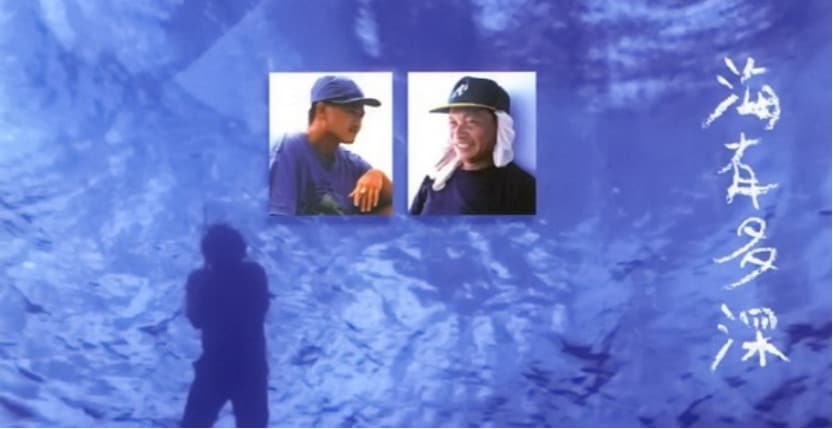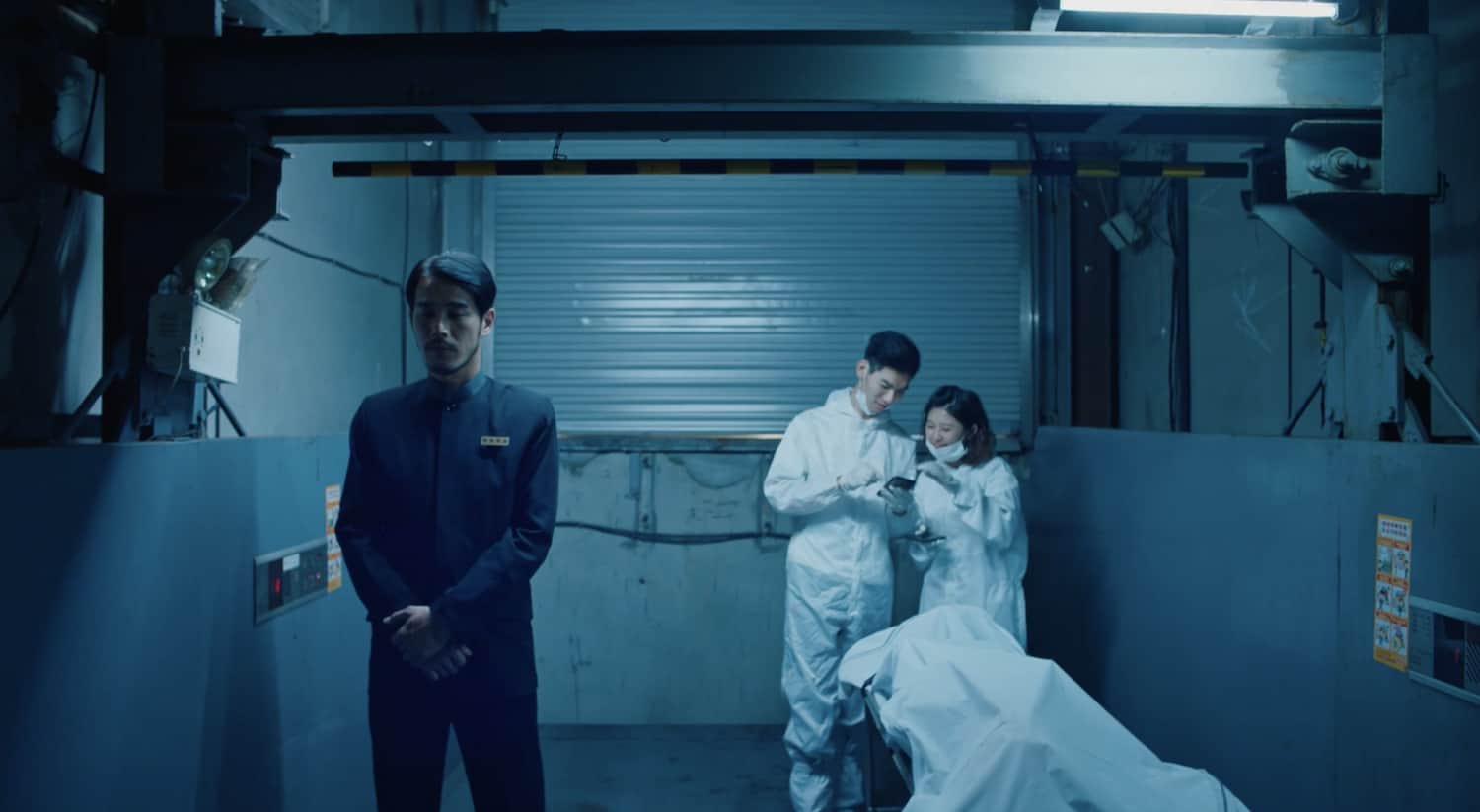Documentaries focusing on individuals often choose a person who will serve as a wider reflection on society. Tang Hsiang-chu's look at the turbulent life of Mamuno mirrors the inhabitants of the small population of Orchid Island in Taiwan who suffer a difficult relationship with the sea – typhoons frequently hitting their shores.
How Deep is the Ocean is screening at Taiwan Film Festival Edinburgh:

Tang's camera follows Mamuno as he revisits the people and places of his life in chronological order. A dutiful teenager, loyal to his family, he left home at 15 to find work on the mainland. But by 17, he was running with street gangs, frequently engaging in fights. Before long, he was drinking heavily to the point where he suffered a stroke at the age of just 34.
Up until the point of his stroke, Mamuno's friends and family give interviews which narrate the slow visuals, as well as the director chiming in with his own thoughts from his meetings with his subject. But as we learn of his stroke, Mamuno is given a voice of his own. Returning to the island, with his body in recovery, he strives to build his own house looking over the sea in the hope that others won't view him as simply another bum.
The home video, lo-fi camerawork has, at times, interesting photography for its interviews with the people of Mamuno's life. But this gives it a lived-in, ethnographic feel, with the camera simply rolling, rather than any shots being set-up or scripted. A sound engineer on such notable films as “In the Mood for Love”, these home movie visuals are contrasted nicely with the gentle, acoustic soundtrack throughout. A turbulent life in a weather-hit region is made laidback and sleepy. And indeed, Mamuno wants to be just that. His name in local dialect means ‘tranquillity' or ‘clarity' and is a word that locals will shout during typhoons to make the winds calm so they can return back to the sea.
And that is Mamuno's desire too: to get back to the sea. His physical functionality left weakened by two strokes, step-by-step he makes his way closer to the water each day, eventually able to swim again. The sea is a place where he is calm and can move freely, a feeling Tang is able to recreate, with the director not afraid to let his own emotions come through. For 60 minutes, you can forget your troubles and calmly dive in.















